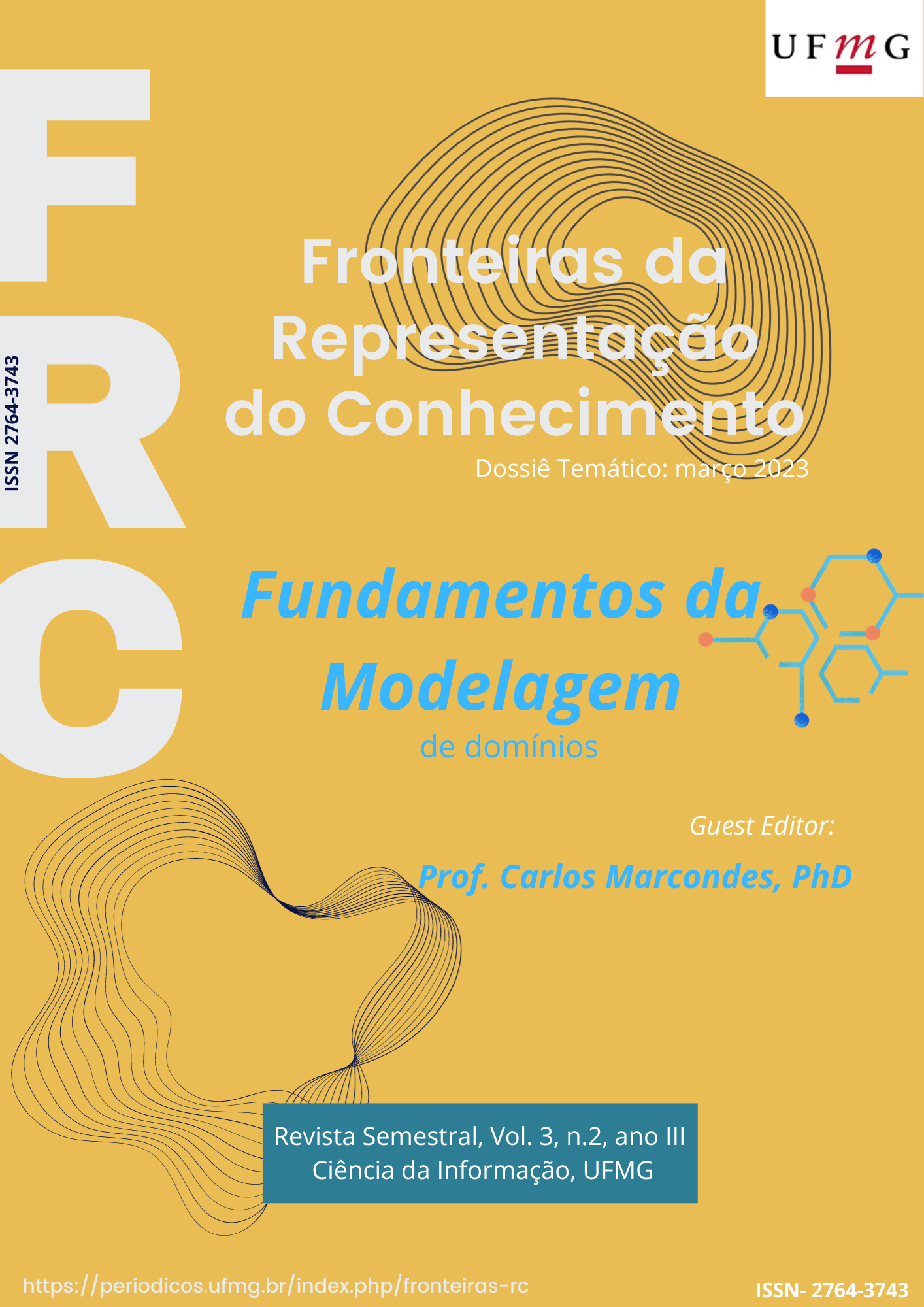Organization and representation of information and knowledge in informational contexts a proposal for a theoretical-conceptual model for the quality of digital cultural objects
Main Article Content
Abstract
Abstract: currently, there is interest from scientific and practical communities that deal with digital technologies and at the same time with areas belonging to the Human, Social and Applied Social Sciences in reusing information sources on the web and treating their digital cultural objects as preponderant elements in the generation of value in their circulations and social reuse. In this opportunity, the article at presenting a proposal for a theoretical-conceptual model capable of integrating contributions from Information Science, Data Science and Computer Science and, therefore, contribute to the representation of information entities with quality for the production of networked cultural knowledge. This is a theoretical and qualitative research, of an exploratory and descriptive nature, using bibliographical research in specialized databases in the fields cited above as a technique, together with the use of analytical categories derived from the method of Content Analysis in helping to inferences and interpretations about the collected data. The representation artifacts now evidenced in the proposed theoretical-conceptual model can be considered syntheses of a Knowledge Organization System that seeks, primarily, the organization of information resources, producing relationships; access points; sorting for items in collections; generic and specific facets for navigation in web systems, and interoperable digital cultural objects in a network. The information professional, therefore, has as a preponderant role the development of specific terminologies for the structuring of information with quality, following semantic models for the treatment of information, aiming at intelligent, innovative and valuable information services to the field of culture and the field of the Digital Humanities.
Article Details
Section

This work is licensed under a Creative Commons Attribution 4.0 International License.
From: https://creativecommons.org/licenses/by/4.0/
You are free to:
- Share — copy and redistribute the material in any medium or format
- Adapt — remix, transform, and build upon the material
- for any purpose, even commercially.
- The licensor cannot revoke these freedoms as long as you follow the license terms.
Under the following terms:
-
Attribution — You must give appropriate credit, provide a link to the license, and indicate if changes were made. You may do so in any reasonable manner, but not in any way that suggests the licensor endorses you or your use.
- No additional restrictions — You may not apply legal terms or technological measures that legally restrict others from doing anything the license permits.
Notices:
- You do not have to comply with the license for elements of the material in the public domain or where your use is permitted by an applicable exception or limitation.
- No warranties are given. The license may not give you all of the permissions necessary for your intended use. For example, other rights such as publicity, privacy, or moral rights may limit how you use the material.


